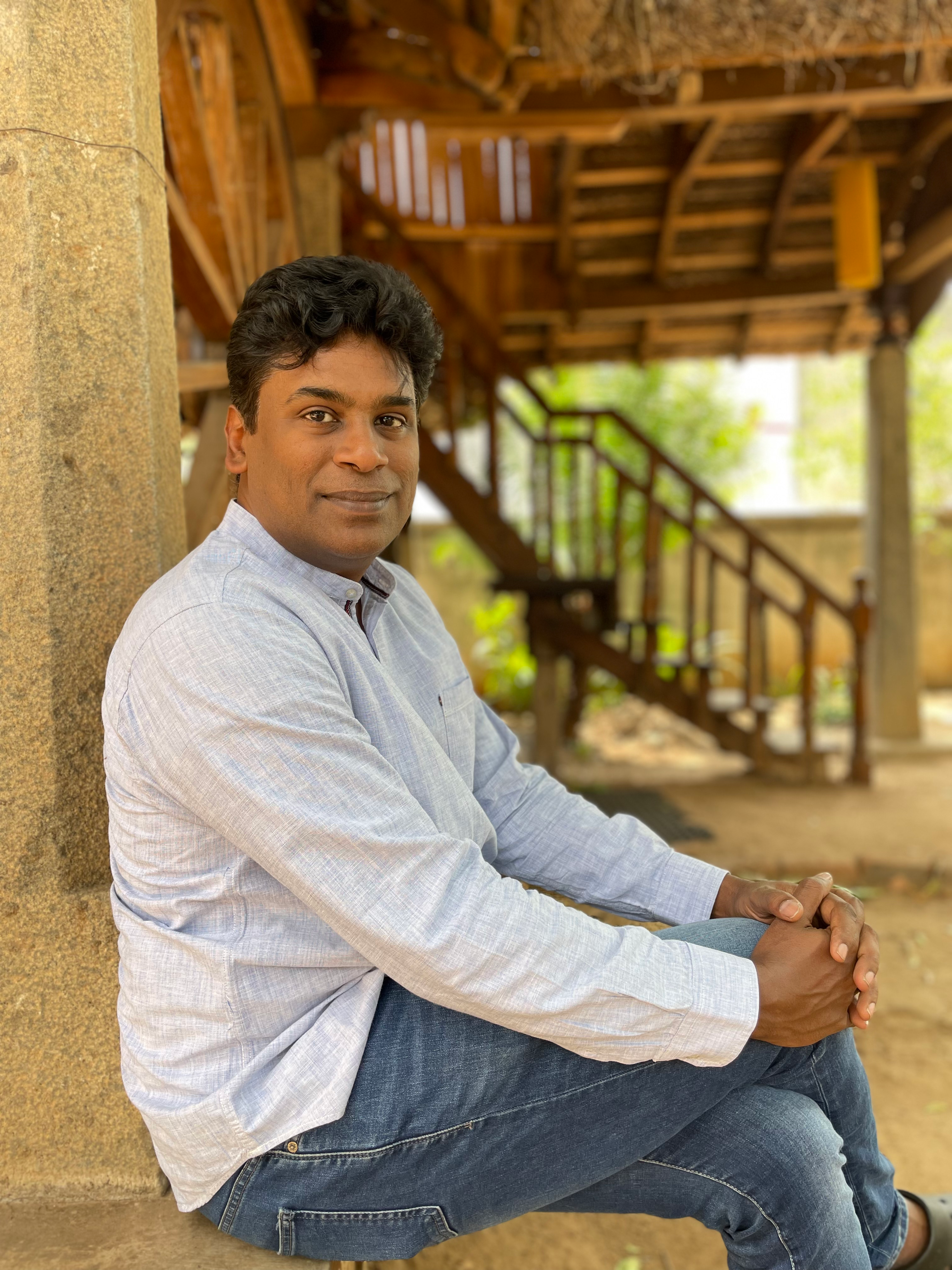Hidden crimes!
- Citizen KK

- Aug 19, 2020
- 4 min read
Updated: Aug 23, 2024

Hello friends,
I begin this article with a spoiler alert. If you plan to watch the Tamil movie *Ponmagal Vanthal,* the details I’m about to share might spoil the surprise. However, I’ll do my best to preserve at least one surprise along the way.
This post is intended for readers aged 18 and above. While there’s no graphic content, I believe it’s important for elders to evaluate and decide if and when younger readers should engage with it.
Recently, I watched *Ponmagal Vanthal,* a Tamil movie that, despite a screenplay that could have been tighter and some logical loopholes, won my heart by raising questions that are deeply relevant today.
In the movie, two young men, addicted to sex and drugs, regularly kidnap girls—any girl, even those who have not yet reached puberty. It’s a horrific reality, but tragically accurate for some girls in this part of the world. The boys typically murder the girls, or the girls die from the brutal handling itself.
The father of one of the boys is a violent man, but he hides all his violence behind a mask of polite words and public actions. He speaks with honor, helps society, and is known for his outward philanthropy. His generous acts serve as a cover for his true nature. To his close ones, he’s open about who he really is, and to his victims, he’s liberally and genuinely violent.
A mother of one of the victims manages to rescue her daughter from the boys, but in the process, she ends up shooting them to death as they were determined to kill her. Overcome with grief and the injustice suffered by her child, she loses herself in a cry of anguish. Along with her daughter, many other girls—most of them already dead—are found.
The so-called polite man, who loses his son, kills the mother. But this is the least of his violence. He inflicts an even greater atrocity by damaging the mother’s reputation, labeling her as a psychotic murderer who killed all the violated girls. He tarnishes her name forever, and his innocent supporters, along with those who support the mother, are defenseless against his lie. In the small town where the story unfolds, almost everyone believes that the mother was an unbalanced, psychotic woman. One brave woman fights to reclaim the mother’s name and bring the real perpetrator to justice. This fight forms the crux of the film.
What struck me was the role of "his innocent supporters." How are the people who benefit from his charitable acts also his victims, unknowingly becoming partners in his crime? This is something worth reflecting on.
Dignified and honorable words are indeed the foundation of a civil society, as are genuine acts of philanthropy. But when men like the one in this film use these to shield their crimes, the innocent supporters who only witness the "good side" of such men unknowingly become complicit in their wrongdoings. Even if these men genuinely mean their good deeds and have goodness as part of their psychology, it still becomes a blind spot—a partnership in crime—when their supporters are unwilling to see the whole truth.
The ability to discern right from wrong is lost when we are not willing, or sometimes not able, to embrace all perspectives.
If we set aside intent and focus solely on actions, we should thank the man for his good deeds but hold him accountable for his bad ones. His intent can become his prison or his paradise—it’s his doing, and his alone. I’ve harmed myself in assuming intent and sharing my version of the truth in some instances. I believe that those who experience injustice directly, or the experts, should decipher a man’s intent—not people like me. People like me should stand by and support the truth.
Another scenario, not from this movie but one I’ve seen elsewhere: An affected woman screams at the man who injured her, calling him names in front of his supporters. The supporters immediately denounce the woman as uncivil, uncultured, and hysterical.
For a long time, I spoke against swearing. There’s a concept in Yoga about how pure words can impact the environment. Suppose I use a word consistently backed by hatred, and many people follow suit; over time, that word gains the power and momentum of hatred. The same applies to words used with love. Most of the time, swearing is backed by anger or hatred, so it’s preferable to refrain from it to create a pleasant environment.
I still advocate for choosing pleasant words and refraining from name-calling—except in one scenario: when it’s an honest expression of a grieving and injured person, raw and true. Such was the expression of the woman’s character in the movie.
If I judge her as uncivil and get stuck in the rigid expression of "what kinds of words should be spoken," then I defeat the very principle and purpose of that expression itself—the principle of holding truth and love to build a civil society.
When good people get stuck on the need to uphold the expression of a principle, rather than the principle itself, those who have committed crimes can escape consequences by shifting attention to "so-called uncivil behavior."
As we learn to better understand this, and most importantly, as we learn to embrace a person’s painful experience even when we don’t have any equivalent of our own, such false needs will fall apart, and the principle will prevail.
To quote Einstein, "Civilization is a good idea." It’s in our hands to build it.


